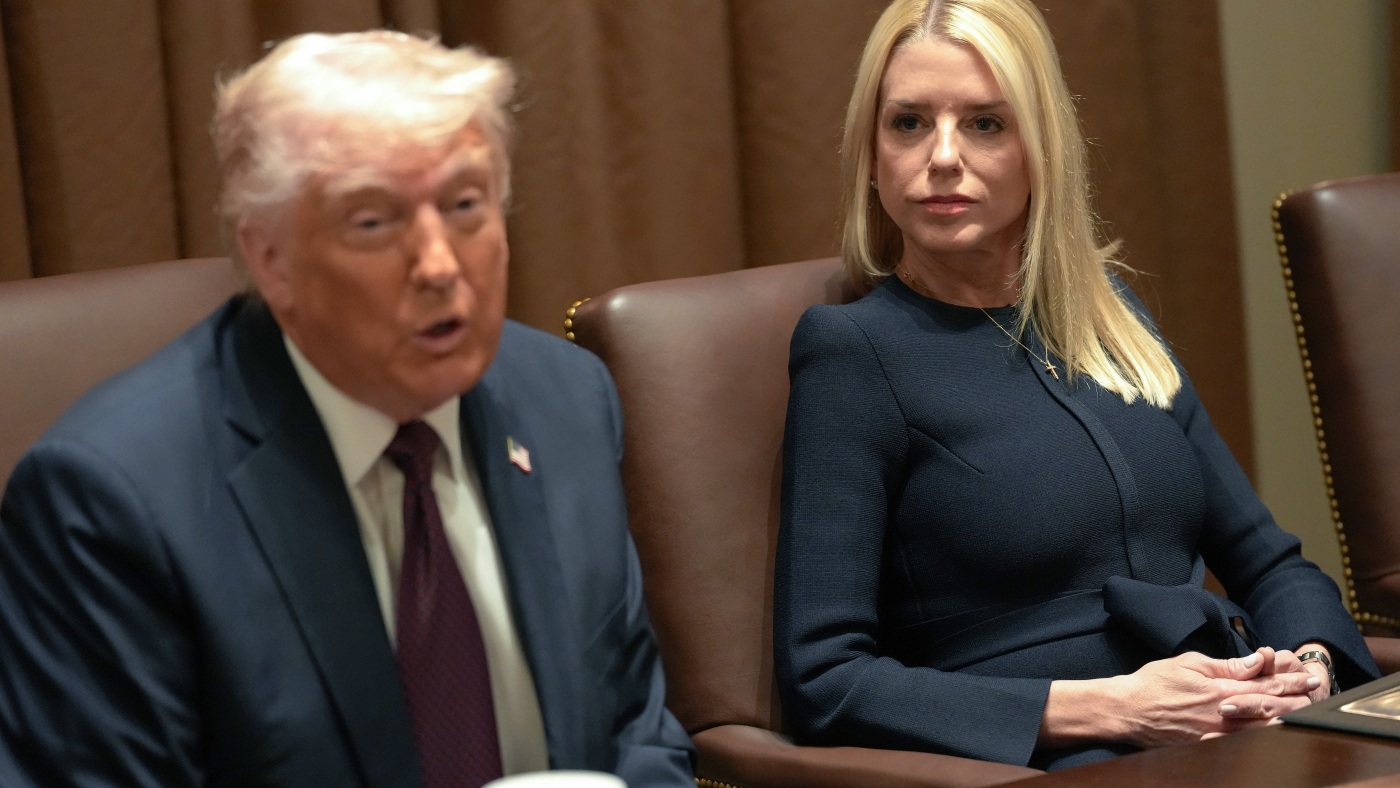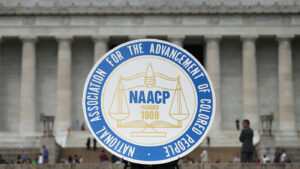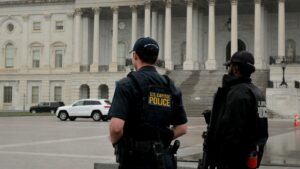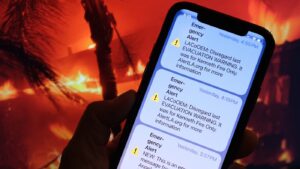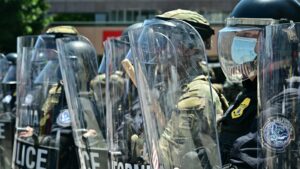DOJ’s Policy Shift Renews Debate on Journalistic Protections in Leak Investigations

Attorney General Pam Bondi looks on as President Trump delivers remarks during a cabinet meeting at the White House on March 24. Win McNamee/Getty Images
The Justice Department has reversed a policy from the Biden administration that protected journalists from subpoenas in leak investigations. This significant shift permits authorities to once again compel journalists to provide information in cases targeting individuals who leak sensitive data.
Attorney General Pam Bondi emphasized the necessity of curtailing unauthorized disclosures, stating, “Federal government employees intentionally leaking sensitive information to the media undermines the ability of the Department of Justice to uphold the rule of law, protect civil rights, and keep America safe. This conduct is illegal and wrong, and it must stop,” according to a memo obtained by NPR.
Under the updated policy, subpoenas and court orders targeting journalists must be sanctioned by DOJ leadership, and journalists are to receive prior notice. Efforts are to be minimal to avoid impeding news gathering or seizing “potentially protected materials,” the memo outlined.
Previously, the Justice Department under Biden had committed to not secretly obtaining reporters’ records to trace leaks, with exceptions only in specific scenarios. Bondi’s directive reinstates a more stringent approach, reminiscent of those from the Trump and Obama administrations.
Bondi referenced leaks from the Trump era, such as those concerning intelligence on the Venezuelan gang Tren de Aragua and the suspension of Dan Caldwell, a Defense Department aide, as examples in her memo.
While underscoring the importance of press freedom, Bondi stated the DOJ aims to limit compelling journalists to disclose information. She noted that measures like “enhanced approval” and “advance-notice procedures” would be employed to this end.
Bruce Brown from the Reporters Committee for Freedom of the Press highlighted the broader implications of journalist protections, remarking, “Some of the most consequential reporting in U.S. history — from Watergate to warrantless wiretapping after 9/11 — was and continues to be made possible because reporters have been able to protect the identities of confidential sources and uncover and report stories that matter to people across the political spectrum.”

